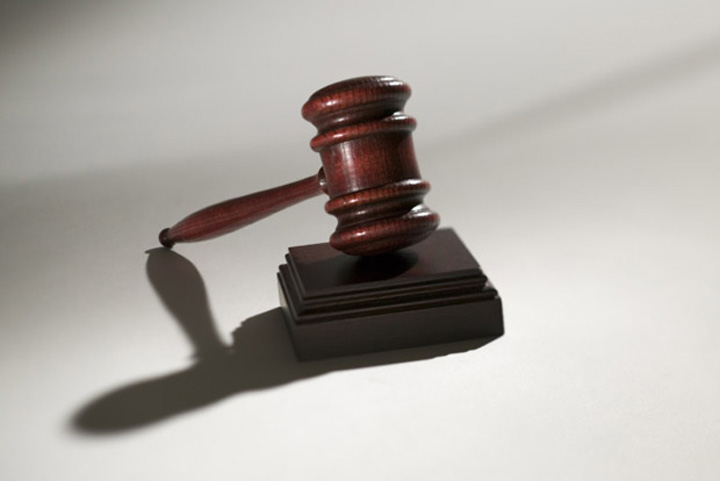EDMONTON – A judge has reversed an Alberta human rights ruling that found a regulator discriminated against a foreign-trained man who wanted to work as an engineer.

Ladislav Mihaly, from the former Czechoslovakia, had been seeking since 1999 to register with the Association of Professional Engineers and Geoscientists of Alberta.
The association required Mihaly to write exams to confirm his credentials, but after failing two tests and refusing to take others he filed a complaint with the Alberta Human Rights Commission in 2008.
In 2014, a human rights tribunal ruled the tests were discriminatory and ordered the association to reconsider Mihaly’s application and pay him $10,000 in damages.
The tribunal also required the association to form a committee to review any of his perceived academic deficiencies, to consider exempting him from exams and to provide him with a mentor to guide him into the engineering profession.
Queen’s Bench Justice June Ross said the tribunal’s ruling contained errors and was unreasonable.
“The tribunal’s reasons leading to (the chairman’s) conclusion that APEGA could have accommodated Mr. Mihaly and others sharing his characteristics are rife with logical errors, findings of fact that are not supported by evidence and failures to take into account relevant considerations,” she wrote.
“I conclude that the decision of the tribunal should be reversed.”
The association’s CEO, Mark Flint, said the judge’s ruling will help protect public safety and confirms its application process is fair.
Flint said if the ruling had been upheld it would have negatively affected the ability of professions that regulate themselves including engineering, medicine, law, dentistry and accounting.
“The public knows a licensed engineer or geoscientist has a certain level of knowledge and skills and can practice independently and will not put them at jeopardy when they make decisions,” he said Thursday.
Flint said the case has been watched closely by its sister organizations across Canada.
Mihaly could not be reached for comment.
The human rights commission declined comment.
In its 2014 ruling, the tribunal said many immigrants from Eastern Europe, Africa and Asia experience disadvantage and discrimination in the workforce because of language, culture and racial prejudice.
It said imposing additional exams or requirements without flexible individual assessments restricts the ability of immigrants to work in their professions and could lead to immigrants taking lower paying jobs in other fields.
Flint said last year about 55 per cent of the 9,500 people who applied for licensing with the Association of Professional Engineers and Geoscientists of Alberta were from outside of Canada.
He said complaints are rare and people who need to upgrade their technical or language skills are advised on what they need to do to progress.
“You need to get the requisite education and write the professional practice and ethics exam. Those are rigorous bars to meet, ” he said. “The process is straightforward. The attainment of those standards is not always easy.”



Comments